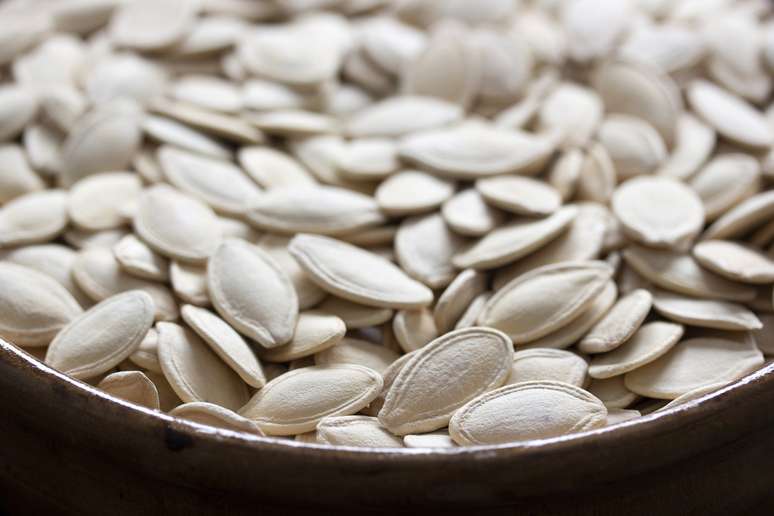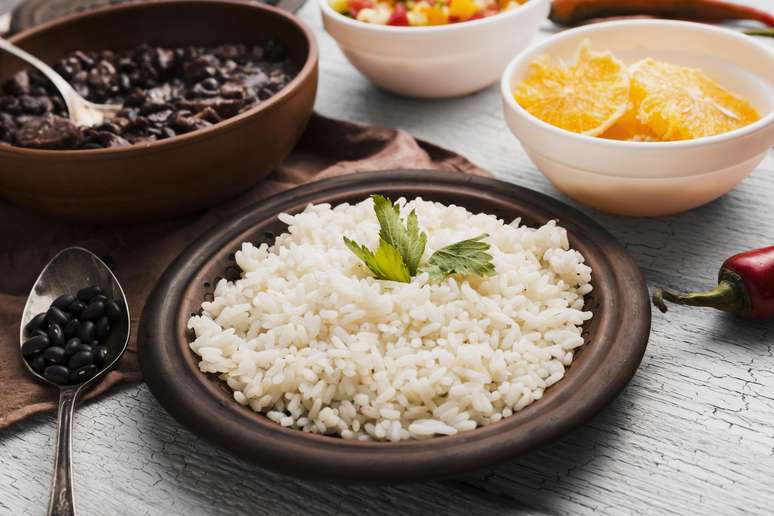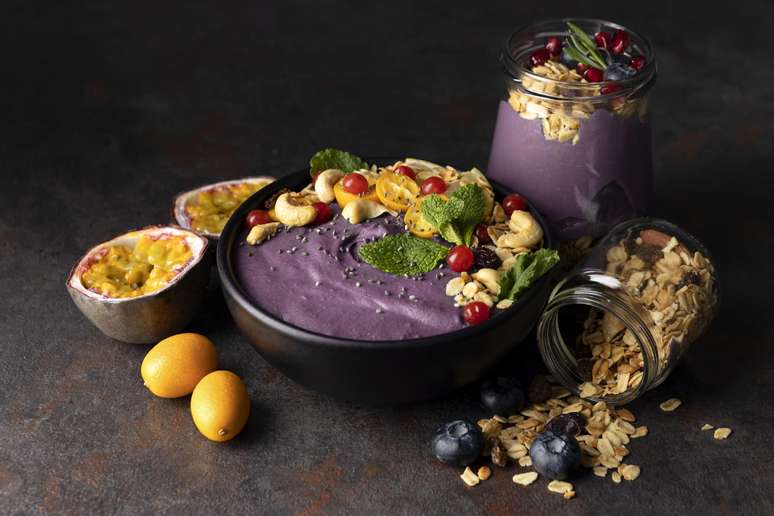It helps with immunity, sleep and can help shape your body
Summary
Pumpkin has been a staple and important food for centuries, having been cultivated in Brazil since colonization, providing health benefits including lower cancer risk, increased immunity and blood pressure regulation.
Pumpkins have always been considered a staple and historically important food for Native Americans, and this food is popular not just at Halloween, but year-round.
In Brazil, pumpkin has been cultivated for a long time and was already part of the indigenous diet long before colonization. In fact, the seeds grown by Brazilian Indians were brought to Europe by the Portuguese.
Discover ten benefits that pumpkin brings to your health:
1. Good doses of vitamin A
Like their orange cousins, carrots and sweet potatoes, pumpkins are rich in beta-carotene. Our body turns this antioxidant into vitamin A, the nutrient we need for a properly functioning reproductive system. It also helps the heart, lungs, kidneys and other organs stay healthy. A cup of pumpkin can provide 200% of your recommended daily intake of vitamin A, which helps you have healthy eyes and see more clearly, especially in low light conditions.
2. Lower risk of cancer
Pumpkin’s vitamin A supply brings something important: a reduction in the risk of some types of cancer, such as lung or prostate cancer. You don’t get the same protection with vitamin A supplements alone.
3. Enhanced immunity
In addition to beta-carotene, pumpkins offer vitamin C, vitamin E, iron and folic acid, which strengthen the immune system. More pumpkin in your diet can help your immune cells work better to ward off germs and speed healing when you have a wound.
4. Regulated pressure
Pumpkin is also rich in potassium, a key nutrient for lowering blood pressure. Unsalted pumpkin seeds are also rich in minerals and plant sterols that increase HDL cholesterol levels (the “good” kind) and help keep blood pressure levels low. Studies show that higher levels of potassium can also reduce the risk of stroke, kidney stones, and type 2 diabetes. Another benefit: Potassium can also increase bone mineral density, improving bone health.
5. More satiety
Because it is rich in fiber and low in calories, pumpkin generates satiety and can be beneficial in weight-loss diets, as well as being rich in nutrients. Increasing fiber in your diet also promotes digestive health, so what goes in comes out regularly.
6. Deep sleep
Pumpkin seeds contain tryptophan, an amino acid that helps produce a chemical called serotonin. In addition to making you feel good, serotonin is also an important factor in promoting good sleep.
7. Healthier skin
The antioxidant power of pumpkin beta-carotene works to combat the effects of aging on the skin. It also helps relieve inflammation, preventing irritation and maintaining glow.
How to consume pumpkin
The best way to get the health benefits of pumpkin is to avoid recipes that include a lot of fat or sugar. Give preference to healthier eating options, such as roasted pumpkin, pumpkin puree, pumpkin hummus or pumpkin soup.
It is worth mentioning that pumpkin seeds are a great snack, rich in magnesium and health-promoting fats. A 30-gram (about 1/4 cup) serving of raw pumpkin seeds provides about 150 calories, 15 grams of healthy fat, only a few grams of carbohydrates and 8 to 10 grams of plant-based protein.
Source: Terra
Ben Stock is a lifestyle journalist and author at Gossipify. He writes about topics such as health, wellness, travel, food and home decor. He provides practical advice and inspiration to improve well-being, keeps readers up to date with latest lifestyle news and trends, known for his engaging writing style, in-depth analysis and unique perspectives.









